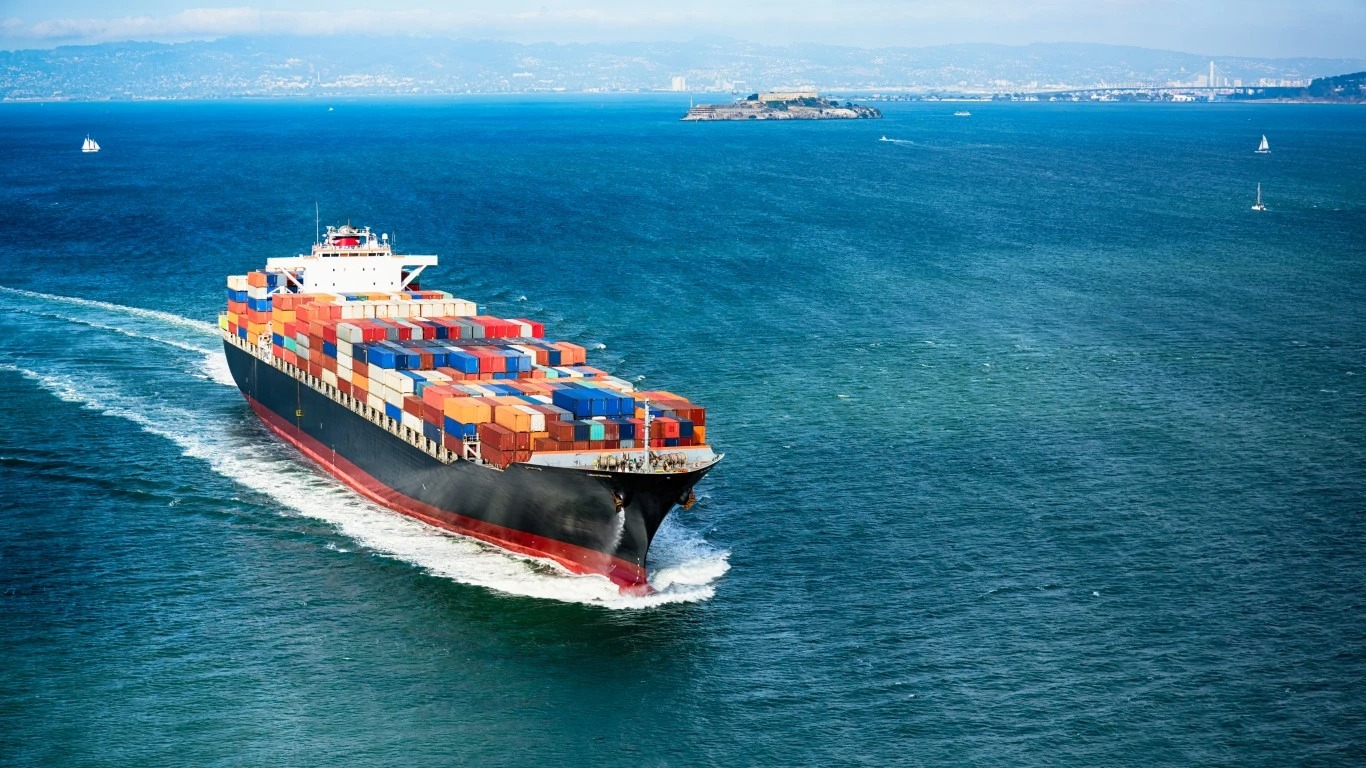Heard of the Houthis? They’re not only causing chaos, but they’re also Boosting global warming.

Remember the 2013 movie “Captain Phillips”? It starred Tom Hanks in the true story of an American sea captain who Somali pirates took hostage off the coast of East Africa and how he and his crew valiantly fought back before he was taken away by the bandits, later to be rescued by a U.S. Navy destroyer.
MORE ON SUEZ CRISIS: Fuel Cost For Ships Avoiding The Suez Canal Hits $2 Million
MORE ON SUEZ CRISIS: Suez Economics: $400 Million Tankers
And it is Navy boats, and those of the U.K., that are now fighting back against attacks on merchant shipping by Houthi rebels in Yemen not far from where Capt. Phillips had his encounter.
Meanwhile, many shipping companies whose boats usually head up the Red Sea—where the Houthi attacks have taken place—towards the Suez Canal have decided to take the much longer route to Europe and the Americas around South Africa’s Cape of Good Hope, something that also happened to a more limited extent during the piracy crisis.
This means about 4,000 extra miles and about a week longer plowing through the ocean, which means much more fuel consumed and much more emissions.
And as far as the climate goes, that’s a big problem. The shipping industry, mostly powered by noxious heavy oil called bunker fuel, accounts for about 3% of global CO2 emissions and a high amount of particulates. In addition, 12% of global trade and almost a third of the world’s container traffic goes through the Red Sea.
This has climate watchers worried that the conflict—especially if it escalates further—could impede the shipping industry’s recently introduced climate targets.
According to recent figures from maritime data firm Sea Intelligence, diversions—and the shifting of some cargo to air freight—are increasing CO2 emissions by around 260% and 354% on routes between Asia and Northern Europe and the Mediterranean, respectively. In addition, if vessels seek to make up for time lost on the longer routes by speeding up, emissions will rise even further, Sea Intelligence warned.
“There is no realistic way to mitigate the increased emissions, at the very least those that are due to an increase in sailing distances,” the analysis warned.
This puts climate goals under threat, with Julia Salant of sustainability ratings provider EcoVadis telling BusinessGreen that the International Maritime Organization’s interim goal of reducing shipping industry emissions by at least 20%, and ideally 30%, by 2030 could be threatened.
For so many reasons, including this, let’s hope the conflict ends soon.
Correction: Houthi was listed as Hothi
More from ClimateCrisis 247
- Global Deal On Plastic Pollution Falls Apart
- Lies About Climate Disaster Could Be Blocked By AI
- Only One Nation In The World Can Feed Itself
- Melting Glaciers Could Drive Volcanos






